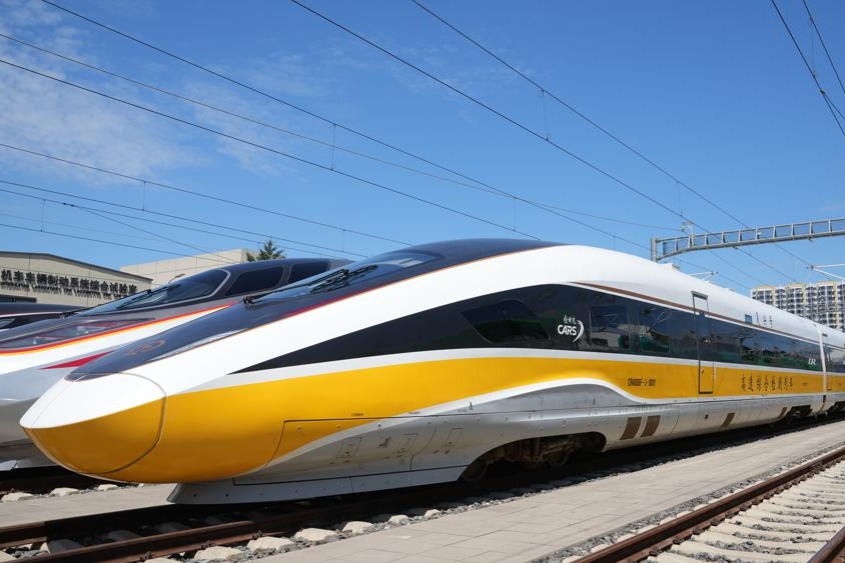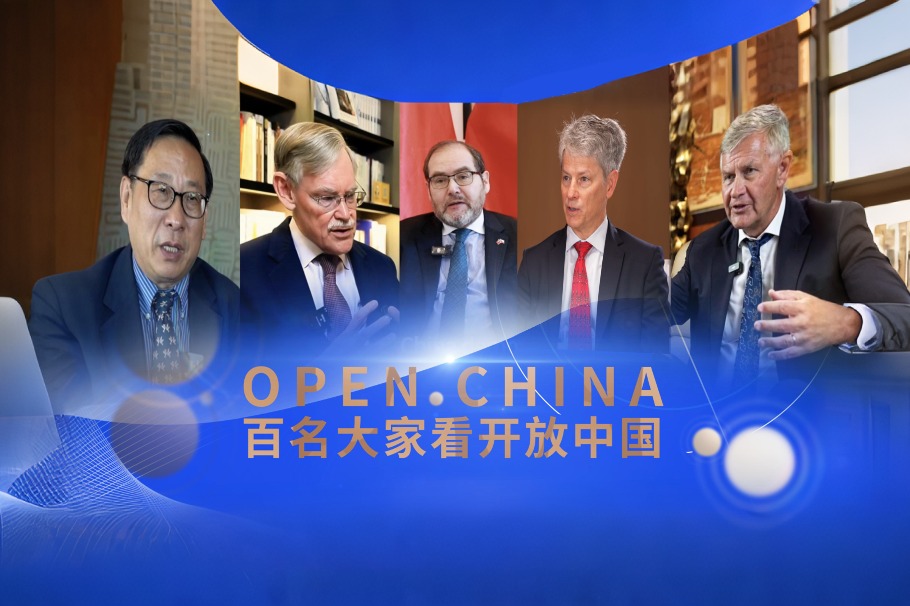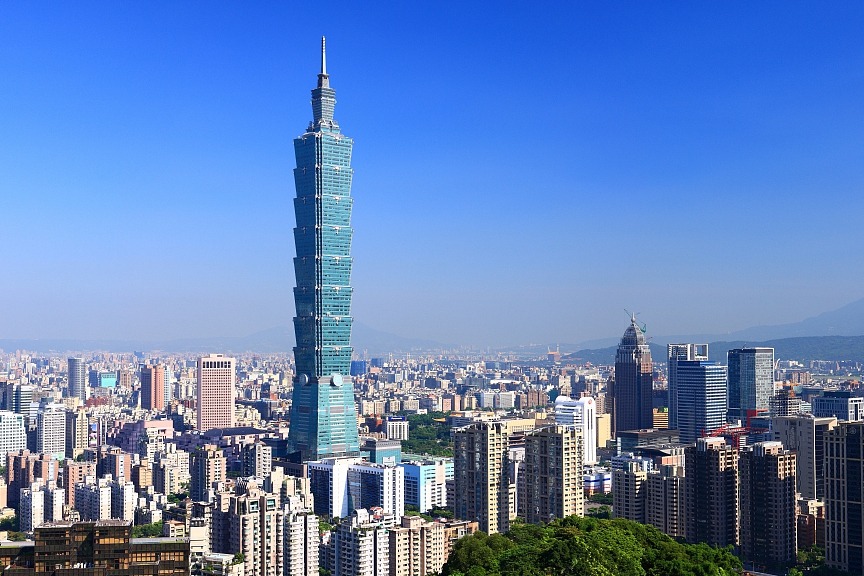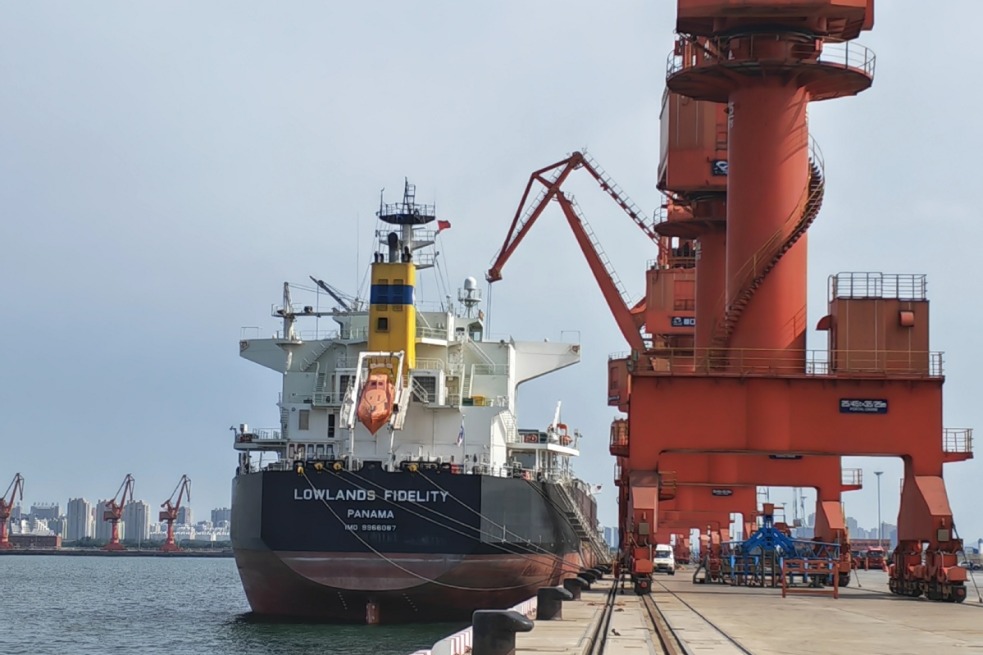Spanish perspective


Before and beyond the EU-China Summit, a view of China that is native, European and global
Held ahead of the EU-China Summit celebrating the 50th anniversary of the establishment of bilateral diplomatic ties, the 13th round of the EU-China High-level Strategic Dialogue in Brussels between EU High Representative for Foreign Affairs and Security Policy Kaja Kallas and Chinese Foreign Minister Wang Yi was highly meaningful. And so were Wang's meetings with top officials of Belgium, Germany and France. Wang's European tour follows the visits of several top Chinese officials to Europe, including Chinese Vice-President Han Zheng's visit to Spain in mid-June.
Some Europeans like to explain to the Chinese side the logic behind the European Union's commercial, strategic and geostrategic interests expecting reciprocity. But as Rafael Dezcallar, former Spanish ambassador to China, shrewdly highlights in his book The Rise of China: A Look at the Other Great Power, "considering Beijing's interests" matters "because otherwise it will be impossible to reach solutions acceptable to all".
Is there a Spanish perspective on China that is native, European and global at the same time? Yes.
There are a number of reasons why the relationship built by Madrid and Beijing can be considered special, taking into account Spain's international experience as one of Europe's oldest nation-states and considering that within the Spanish political system there has been a broad consensus on China since bilateral diplomatic relations were established in 1973.
Former Spanish Prime Minister Felipe González, whose mission based on the country's history and geography was to strengthen Spain's ties with the Euro-Atlantic world, Latin America and the Arab world, had the vision to visit China twice: in 1985 and 1993.
Currently, with bilateral efforts, the Madrid-Beijing relationship has further strengthened. Spanish Prime Minister Pedro Sánchez and Chinese President Xi Jinping have met three times in the past three years.
In their most recent meeting in Beijing this April, they highlighted a concrete road map advocating an international order based on rules and continuous engagement, as embodied in the "Draft Action Plan on Strengthening the Comprehensive Strategic Partnership between the People's Republic of China and the Kingdom of Spain (2025-28)".
This document states in its first page three important ideas: reinforcing political dialogue; intensifying communications; and strengthening cultural exchanges. The text emphasizes that both countries attach key importance to trade and economic cooperation, as well as the need to balance it so that it remains mutually beneficial.
Obviously, the text exemplifies the principles that China shares with the EU by opposing unilateralism and promoting multilateralism.
European Commission President Ursula von der Leyen and European Council President António Costa plan to travel to Beijing in late July to attend the EU-China Summit.
The commercial disagreements, including access to each other's markets as well as regular access to China's rare earths, are well-known. For their part, the EU and China differ on the geopolitical assessment of the Ukraine crisis, and on the magnitude of the Middle East crisis.
However, areas of common ground include sustainability, the potential of artificial intelligence, the fight against climate change, the development of sustainable energies, cooperation in preventing potential human catastrophes, including global vaccination policies, and the huge potential of further trade and investment.
Reportedly, global businesses privately hope that the trade disputes will lead to agreements and not be an end in themselves. But here's the crux of the matter: Given what we've seen from the Donald Trump administration, it's reasonable to assume that the trade disputes are indeed an end in themselves.
With the vexatious treatment on Canada, the US' most neighborly, structural and historic ally; and the new sanctions penalizing the EU, announced on July 12 and set to take effect on Aug 1 — not to mention the bizarre trade threats targeting China — it is reasonable to conclude that disputes are indeed intended to be an end in themselves.
It is important to distinguish these disputes from the verifiable disagreements between Brussels and Beijing, which are normal trade disputes.
Reviving the Comprehensive Agreement on Investment — with adjustments and updatings — must be seen as a priority. There is strategic patience, but overdoing expecting rationality in Washington will cost a lot, and Beijing and Brussels, Madrid and the other EU capitals, can be rational actors.
Jean-Pierre Raffarin, former French prime minister, in an interview with China's CGTN said that "we can have differences, but I would like to have a very long vision. And this vision is that we need to have cooperation with China". Although there are differences to be overcome in the short term, the EU and China have much common ground on which they can build stable relations.
It is equally important to discuss the kind of future relationship the two sides want. The EU can further advocate economic cooperation with China from European and Global South perspectives, which is also present in China's diplomatic efforts.
The author is director of the Dialogue with China Project and former global expert at the United Nations Alliance of Civilizations. The author contributed this article to China Watch, a think tank powered by China Daily.
Contact the editor at editor@chinawatch.cn.


































